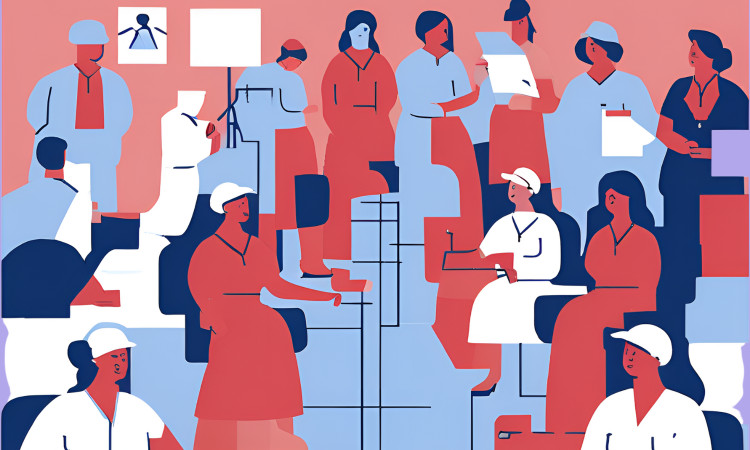Israel declassifies being trans as a mental disorder
Israel declassifies being trans as a mental disorder in ‘important and significant step for the community’
17/Jan/21
2846
Israel declassifies being trans as a mental disorder
Israel declassifies being trans as a mental disorder in ‘important and significant step for the community’.
Two years after the World Health Organization and 11 years after France, Israel has finally agreed that being trans is not a mental disorder.
New guidelines, drafted by Israel’s health ministry after three years of consulting with LGBT+ and trans organisations, set out how hospitals and healthcare facilities must treat transgender people.
The guidance directs that hospitals and healthcare facilities must have at least one staff member trained in trans awareness, use a trans person’s correct pronouns regardless of the gender on their official documents, and to provide unisex facilities where possible while allowing trans people to use gendered spaces in accordance with their gender identity.
Ministers also noted that so-called conversion therapy that tries to change a person’s sexual orientation or gender identity has no ethical or professional basis, as well as confirming that being trans is not a psychological disorder.
“Transgender people, or people on the trans spectrum, is an umbrella term used to describe people who span a broad spectrum of gender identities, distinctive from the one they were identified with and registered as at birth,” the guidance says, according to Haaretz.
“People from this population group are at high risk of suffering physical and verbal violence, discrimination in employment and a lack of access to public resources being treated as social outcasts, which can worsen psychological distress and lead to susceptibility to a high rate of illness relative to the rest of the population,” the guidelines continue.
“This is particularly noticeable when it comes to mental health.”
Ella Amest, co-director general of trans advocacy group Ma’avarim, said the new guidelines are “an important and significant step for the community and for the health system”.
“Many of us require psychological services due to our confrontations with transphobia, beyond the more common reasons experienced by the rest of the population, but the system doesn’t always know how to treat us,” Amest said.
Powered by Froala Editor



